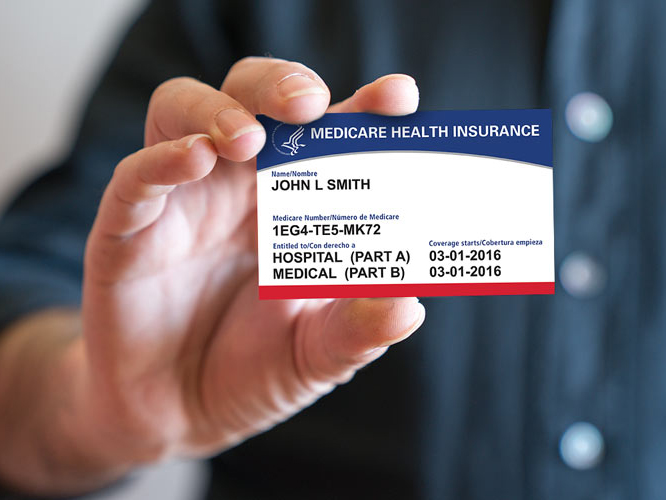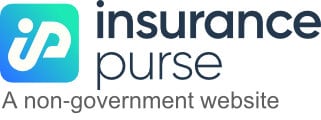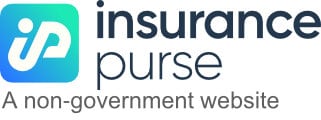Each year, scam artists get more creative, and Medicare Scams in 2025 are no exception. From phone calls claiming to offer new benefits to fake websites mimicking the real Medicare portal, seniors are often targeted because they’re seen as more trusting or unfamiliar with the latest tech tricks. If you or a loved one relies on Medicare, knowing how to spot these scams is crucial for protecting both your identity and your healthcare access.
Thankfully, you can stay safe by learning what to watch for. In this post, we’ll cover the latest Medicare Scams in 2025, how they work, and what steps you can take to defend yourself.
What Makes Seniors Vulnerable in 2025?
While scammers target people of all ages, Medicare beneficiaries remain a top focus. Why? First, most seniors have some level of Medicare coverage, which makes them easy to reach with a “one-size-fits-all” pitch. Second, many older adults aren’t as digitally savvy, which makes email and phone-based scams more effective. And third, fraudsters know that healthcare is personal—so they use emotional tactics to create urgency and confusion.
As more seniors use online portals and digital ID systems, scammers have adapted. They now use fake websites, spoofed phone numbers, and phishing emails to steal personal details, Medicare ID numbers, and even Social Security information.
Medicare Scams in 2025: Common Tactics to Watch For
Fake Medicare Card Offers
One of the most common Medicare Scams in 2025 involves callers claiming that a new Medicare card is being issued. They might say the card includes added benefits or a chip for better security. Then, they ask for your Medicare ID number or even your banking information to “process” the card.
How to stay safe: Medicare will never call or email to request your personal information. If you get a suspicious call, hang up and report it to 1-800-MEDICARE.
Phony Insurance Plan Upgrades
Some scammers pose as Medicare Advantage plan representatives, offering fake plan upgrades or extra services like dental, vision, or telehealth. They pressure seniors to “sign up” quickly or risk losing coverage.
How to stay safe: Real Medicare changes and enrollments happen during official periods. Always verify changes directly with your insurance provider.
Telehealth and Medical Device Scams
With telehealth services on the rise, fraudsters pretend to be telehealth providers or medical device companies. They may offer free or discounted supplies—like knee braces or glucose monitors—and then bill Medicare for unnecessary or unused items.
How to stay safe: Only accept services and equipment through your healthcare provider or insurer. Be cautious of unsolicited calls or emails.
Fake Medicare Websites and Emails
In 2025, phishing scams are more polished than ever. Fake websites look just like the official Medicare portal, tricking users into entering login credentials or downloading malicious software.
How to stay safe: Only visit Medicare.gov and never click on links in unexpected emails. Bookmark the official site and go there directly.
AI-Powered Scam Calls
Some scammers now use AI-generated voices and deepfake technology to impersonate loved ones or even government agents. These calls can sound incredibly real, making them even more dangerous.
How to stay safe: If anything feels off about a call, hang up and call the person or agency directly using a trusted number.
Medicare Scams in 2025: How to Protect Yourself
Protecting yourself in 2025 requires both awareness and action. Fortunately, a few consistent habits can help you avoid the most common traps.
Never Share Personal Information Unsolicited
Even if a caller or email seems legitimate, don’t give out your Medicare number, Social Security number, or banking details unless you initiated the contact.
Use Multi-Factor Authentication (MFA)
Enable MFA on your Medicare and insurance portals. This extra layer of protection can prevent unauthorized access if your password gets compromised.
Check Your Medicare Summary Notices Regularly
These notices show what services were billed to Medicare. If you see something you didn’t receive, report it right away.
Report Suspicious Activity
If you think you’ve encountered a scam, contact Medicare directly. You can also reach out to the Senior Medicare Patrol (SMP) for help and guidance.
What to Do If You’ve Been Scammed
Even with caution, scams can happen. If you believe your Medicare information was stolen:
- Contact Medicare immediately at 1-800-MEDICARE.
- Report identity theft to the FTC at identitytheft.gov.
- Change passwords and secure your online accounts.
- Monitor your credit and consider placing a fraud alert or credit freeze.
Acting quickly can limit the damage and prevent future fraud.
Final Thoughts
In today’s digital world, scams have evolved—but so have the ways to protect yourself. Staying informed about the latest Medicare Scams in 2025 is one of the best defenses you have. Always be cautious, trust your instincts, and never hesitate to ask questions or seek help.
You’ve earned your benefits, and you deserve to use them without worry. By following these simple habits, you can avoid fraud and focus on staying healthy and financially secure.















